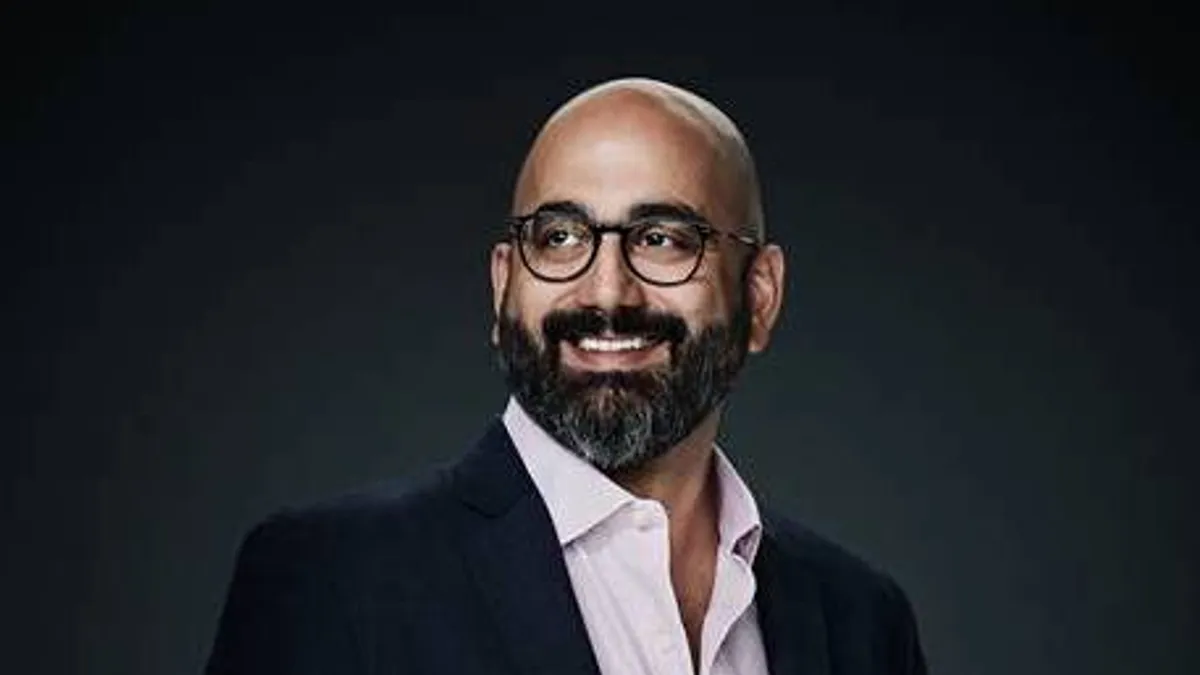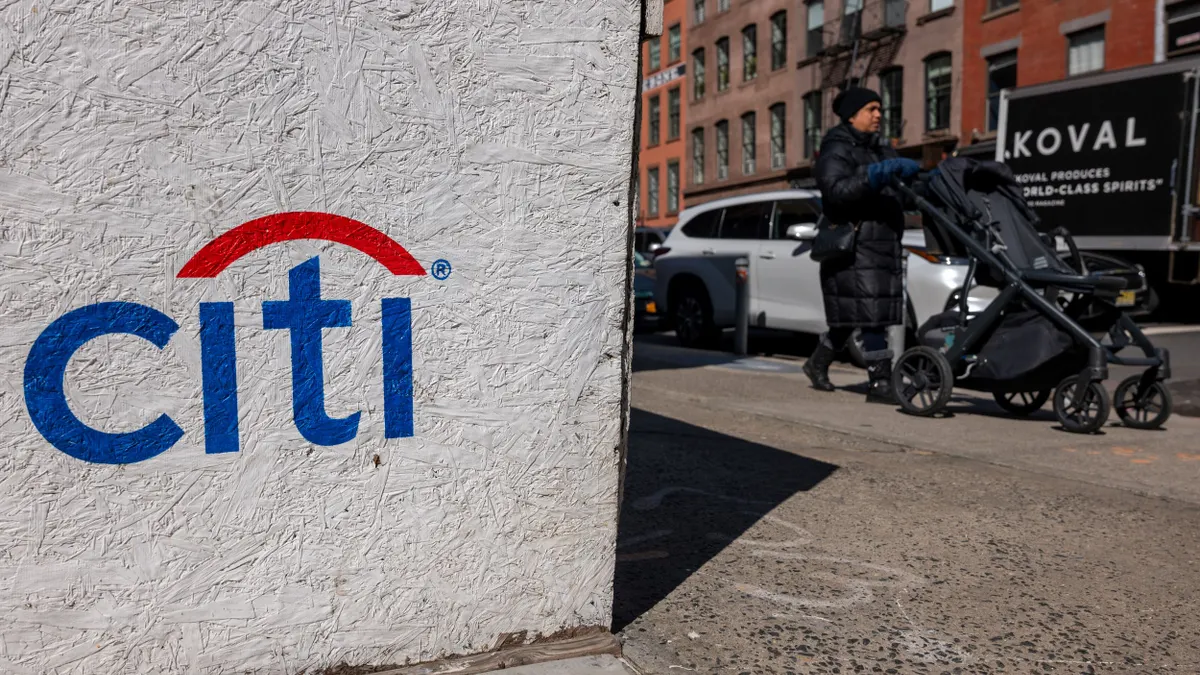The Federal Deposit Insurance Corp. (FDIC) last week named Sultan Meghji the regulator's first-ever chief innovation officer, a position FDIC Chair Jelena McWilliams has been seeking to fill since she first announced the creation of the agency's Office of Innovation in October 2018.
Meghji, who in 2016 co-founded St. Louis-based fintech Neocova — which provides artificial intelligence (AI), analytics and other cloud-based systems to financial institutions — is tasked with leading the FDIC's efforts to promote the adoption of innovative technologies across the financial services sector.
"Under his leadership, I am confident we will find innovative ways to utilize technology to modernize our bank supervision, enable community banks to adopt technological solutions, and bring more underserved people into the financial fabric of our nation," McWilliams said in a statement.
Meghji, who joins the bank regulator at a time when the current upward trend in banked households could be under threat amid the pandemic, said technology is vital to ensuring people aren't left out of the banking ecosystem.
"Technology is the best enabler of banking the unbanked," Meghji said, adding that the coronavirus pandemic has exacerbated the challenges that have kept some of the nation's underserved communities from fully accessing the nation's banking system. "It's almost impossible to talk about moving the needle on the unbanked without also talking about the pandemic. Those are linked arm in arm."
The FDIC's biennial How America Banks report found 5.4% of U.S. households — approximately 7.1 million — were unbanked in 2019, a decline from 6.5% in 2017.
"[F]indings from multiple years of the survey suggest that the unbanked rate is likely to rise as the unemployment rate rose from its level prior to the pandemic," McWilliams said in a speech ahead of the report's release last year.
"I think the vectors of success for dealing with the unbanked are going to be digital in nature. The more you can get real-time digital platforms into the banking sector, the more opportunity we will have to move the needle," said Meghji, who worked on an aid mission to help implement digital banking in Kenya, Tanzania and Uganda. "Bringing a customer on digitally where they can do three taps with their mobile device, versus going into a branch that may or may not be open — it's night and day."
'A disruptor'
Amid consolidation, competition from larger banks, credit unions, fintechs and nonbank lenders, the survival of community banks hinges on their ability to keep up with innovation, McWilliams said at a conference on the future of banking at the Federal Reserve Bank of St. Louis in 2019.
"This is not optional for the FDIC. We must lay this foundation because the survival of our community banks depends on it," she said.
She told Banking Dive in 2019 the agency was on the hunt for "a disruptor" to head its new innovation department, “somebody who understands technology, is not a regulator, is preferably not a Washington insider, but somebody who actually has created technology or developed technology.”
During his time at Neocova, Meghji said he was impressed with the FDIC's vision for the new department.
"When the chairman started talking about this job initially, a lot of us who were in the fintech sector at the time got really excited," he said. "I'm just so honored that the job was around when I could lift my head up and say, 'Hey, maybe I could do that.'"
Meghji said he's keen, in his early days at the FDIC, to listen and learn from others to figure out where the pressures, opportunities and demands are in the banking ecosystem.
One of the top concerns for community banks today is navigating the rapid growth of the financial services landscape, Meghji said.
"Some are still struggling to deal with the pace of change," he said. "It's been increasing for a while now and it's going to continue increasing. I don't just mean technology, I mean in terms of different types of financial services products being offered and different players."
Meghji said he's received many questions from bankers about how they should be prioritizing their approach to technology and vendors.
"It doesn't matter where you are in this market, whether you're a bank, a tech company or a regulator, technology is a de facto part of the discussion now and it has to be built into the organization," he said.
Meghji, who has served as an adviser to the U.S. Treasury, the G7, the Office of the Comptroller of the Currency (OCC) and the FBI in areas of cybersecurity, quantum computing and AI, said he expects to bring his expertise in emerging technologies to the new position.
"You don't bring somebody who's an artificial intelligence expert into a role like this if you're not going to be thinking about emerging technologies and things that are impacting the system on a daily basis," he said.





















